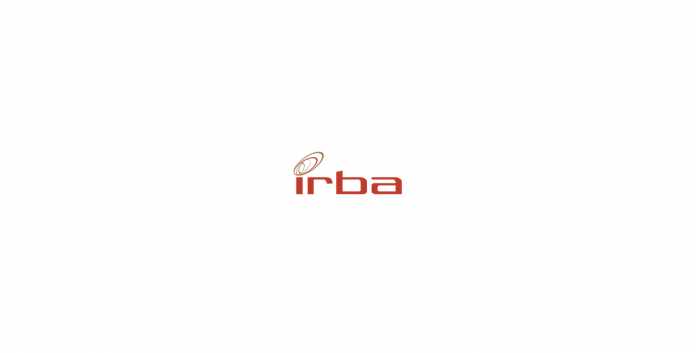A few bad auditors have cost many good people their reputations
IRBA takes steps to mitigate collateral damage
A few errant auditors have wreaked havoc on the auditing profession. The Independent Regulatory Board for Auditors (IRBA) CEO, Bernard Agulhas, says that it is time to draw a line in the sand so that the profession can start to rebuild trust and confidence. In a recent address at a senior partners’ forum he engaged with the broader profession around all accountants and all audit firms taking responsibility for restoring confidence in the profession.
While the current crisis is because of the conduct of a few auditors and decisions some firms made, the IRBA must also respond proactively and appropriately with measures to address those areas which remain a concern or need further regulation. The IRBA concedes that the crisis in the profession precipitated by the revelations of the last 11 months has been a testing time for the profession, including many audit firms that continue to serve their clients with integrity.
“The IRBA as regulator can only do so much within our mandate, so when auditor conduct is under question, it is the auditors themselves who must counter the misperceptions. In the current socio-political climate, auditing is receiving far more media attention than ever before and when something goes wrong the level of public interest is far higher than ever before. This is not going to change, but what we do need immediately from all stakeholders is a rational and measured response,” says Agulhas.
“We have seen in recent developments how actions by just a few auditors have caused significant impact and collateral damage to many other committed professionals. While the public’s reaction is understandable given the current socio-political environment and the damage wrought by the proponents of state capture, we must ensure that we continue to make decisions in a rational framework.”
Since the Nkonki matter broke on 28 March, the IRBA has been engaging with the firm’s management team. On 29 March, an investigation letter was issued to the managing partner surrounding the alleged share transaction and its funding. The remaining partners and management cooperated fully with the IRBA and kept it apprised of all steps it was taking to address the actions of its managing partner.
Says Agulhas: “In our capacity as custodian of the profession, I met with the acting CEO of Nkonki Inc, who advised that the company had taken the decision to enter into voluntary liquidation so, to our regret, there is not much else that the IRBA can do to provide support to the firm.”
Agulhas says: “That Nkonki was one of the black-owned success stories with a significant and respectable history laid down by its founders, wiped out by one individual, makes its loss a blow to transformation. The reality facing our black-owned auditing firms is that corporate South Africa must create opportunities for them, and without the opportunity to grow black firms, increase staff levels and take on larger clients, this risk, when there is little diversity in their client base, will persist.”
Similarly, reputational risk has been cited in the case of KPMG and its loss of the Barclays Africa audit, despite the firm having indicated it was taking significant steps to turn around its operations and rebuild its reputation.
Says Agulhas: “A crisis is necessary sometimes, to make everyone take a good a look at themselves. We believe that it has refocused the broader profession to look at ethics, policies, and quality so there would be positive changes emanating from the crisis.
“An unprecedented crisis also calls for unprecedented measures. As a result, the IRBA has taken the unusual step of mobilising a specialised team specifically to do a review of KPMG’s turnaround strategy and the initiatives it is implementing internally to address any identified weaknesses in its operations. The independent review and assessment will commence during next week and form part of a continuous process to monitor improvements to the firm’s operations.
Concludes Agulhas: “It is most useful if firms cooperate in efforts to improve audit quality and independence, and recognise that a lack of cooperation from firms under investigation unnecessarily delays the process. It is in everyone’s interest to conclude investigations and hearings as quickly as possible so that the matters can be resolved in the interest of protecting the public. While the IRBA faced many challenges in obtaining information for its investigations for some time, the new leadership at KPMG has been cooperating with the IRBA given that it is in the interest of all parties to move beyond the current crisis. The continuous engagement between the IRBA and the KPMG leadership has been useful in moving forward, and responding to lessons learnt and implementing corrective actions”





















































































